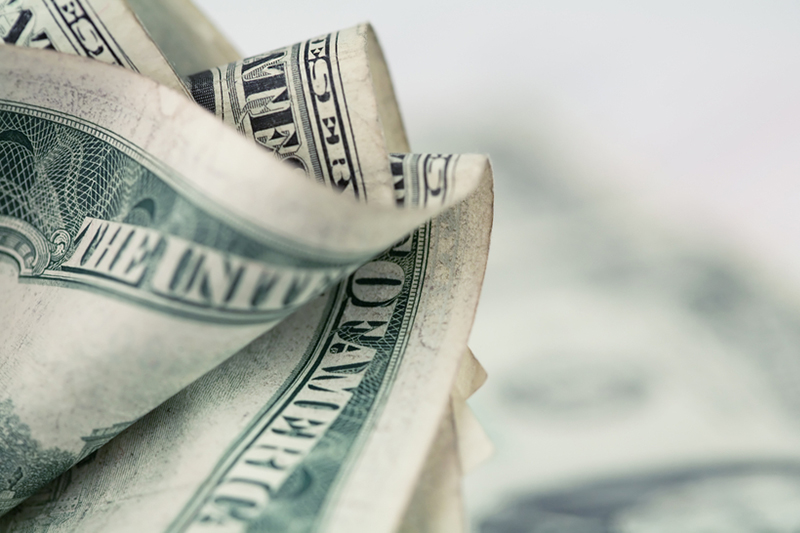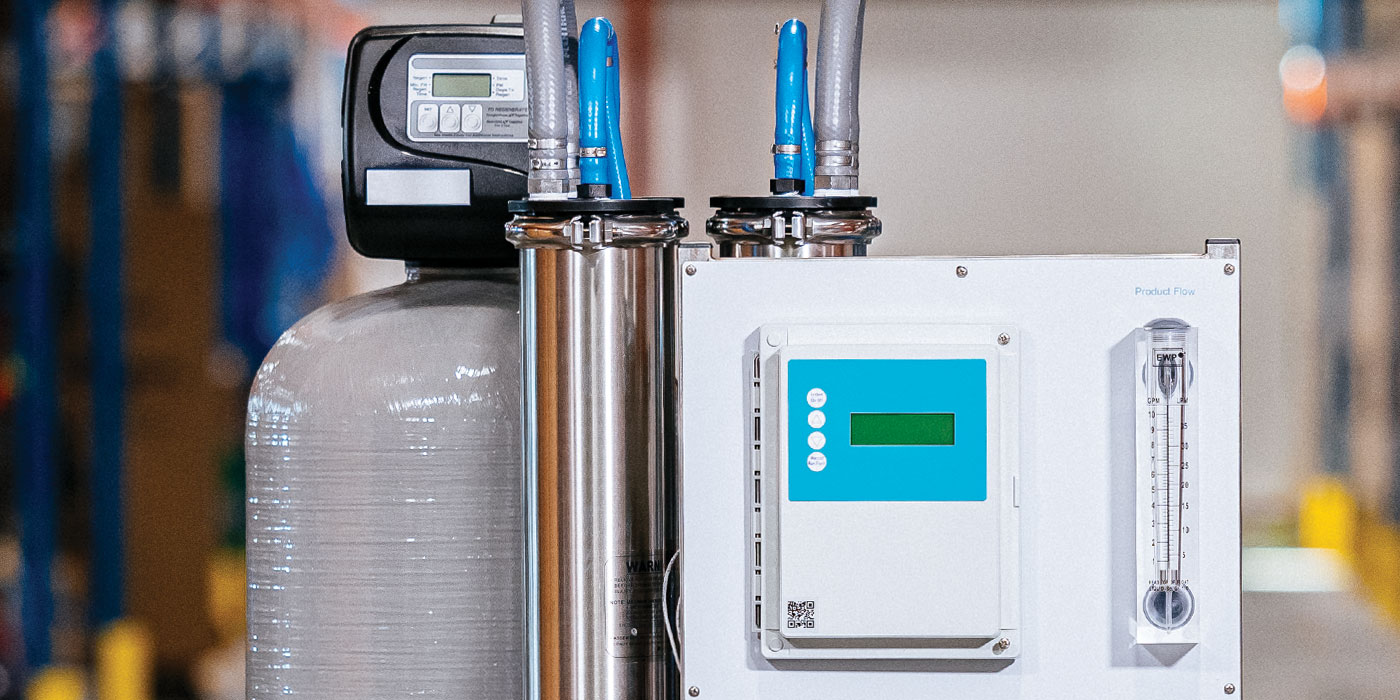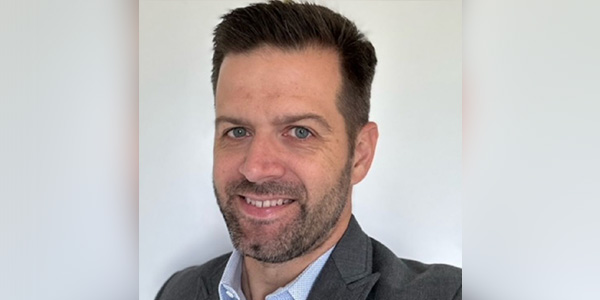Although many carwashes stay plugged into current events and news happening throughout our country, changes to the U.S. economy and the increasing costs of services and goods still catch some carwash owners and operators unprepared. One example is the nationwide, successful effort to increase the minimum wage level. As the cost to do business in this industry increases, such as through increased labor wages, why should carwash owners and operators be proactive instead of reactive?
Recent news coverage
For several years, a key initiative at the federal level has been to encourage and work with states to increase the minimum wage. According to whitehouse.gov, “Since the President’s call to action in 2013, 18 states and Washington, D.C. have passed laws to raise their minimum wage — benefiting millions of American workers. The Obama Administration has expressed support for the Raise the Wage Act proposed by Senator [Patty] Murray (D-WA) and Representative [Robert] Scott (D-VA), which would increase the minimum wage to $12 by 2020.”
In New York City, where an estimated 5,000 people work at carwashes, the labor issue has been front and center. Last year, New York City Mayor Bill de Blasio signed the Car Wash Accountability Act, which created licensing requirements for carwash owners.
And, earlier this year, a law was passed raising the state’s minimum wage from $9 to $15, after Gov. Andrew Cuomo traveled around New York state to build support for the bill, naming the initiative the “Mario Cuomo Economic Justice Campaign” after his late father. New York’s increased state minimum wage is scheduled to take effect on Dec. 18, 2018.
Prior to this news, also earlier this year, California’s Gov. Edmund G. Brown Jr. joined labor leaders and legislators to announce an agreement that made California the first state in the U.S. to commit to raising the statewide minimum wage to $15 per hour by 2022.
In other states, such as Florida, legislators are keeping a close eye on the events unfolding on both coasts of our country and considering similar actions. In Florida, during the 2016 legislative session, Senate Bill 6 and House Bill 109 were introduced, which proposed raising Florida’s minimum wage to $15 per hour.
Whether these state bills succeed or fail is not as important as what they represent. There is a concerted effort in the U.S. to pay workers a fair wage and change is inevitable. Although these increases will be gradual in most areas, carwash owners and operators will surely have to adjust to stay competitive.
Industry reactions
One of the most popular ways many businesses choose to deal with any price increase, such as for labor, is to increase their prices. Communicating any price increases with customers is important and, in most cases, according to the carwash professionals we interviewed for this article, customers will understand.
In Maryland, Dave DuGoff of College Park Car Wash routinely raises the retail price of his automatic bays every five to six years and about every seven years for the business’ self-serve bays. “There is very little push back from customers,” he says. “Just do what you have to do to stay in business; the customer knows that all costs are rising and they see retail prices going up on everything.”
In Lakeland, Florida, Bill Roberts, who is the owner of Miriam South Car Wash, believes that timing is everything when dealing with this issue. “It seems to me that price increases need to coincide with changes in minimum wage laws,” he explains. “That way the customers can see the effect right away. Also, I think it is a good idea for the loyal regular customers to pay less than those who only visit once a year. You can do this with loyalty programs or unlimited wash programs.”
According to Roberts, carwashes, especially full-service washes, can minimize the impact to loyal customers by adding an express lane, offering unlimited passes and providing a quality loyalty program.
“There are carwashes out there already facing large increases in minimum wage and I think we should take note of what they are doing. I have seen many great ideas [such as the above] to overcome wage increases,” Roberts adds.
In California, Chris McKenna of McKenna Assets LLC, based in Redondo Beach, California, says that it is important for owners and operators not to panic regarding the recent attention and action to increase our country’s minimum wage.
“Do not panic, yes indeed,” McKenna warns. “Simply for me as an owner/operator, I will be forced to raise my prices in accordance with wage hikes. For every $1 in wage hike, I will need to raise all my packages by $2. Some owners will want to raise only their base wash, but I have found it necessary to do an across the board raise. I did not raise my detail prices.”
As for communicating these price increases with customers, McKenna suggests that honesty is the best policy. “I tell my customers that I have been forced to raise my prices due to wage increases and other costs. Remember, all the utility companies, chemical companies, etc., are getting hit with increased labor costs as well and they are also going to raise their prices, passing them on. So, reducing chemical and/or water really won’t do anything as far as savings go. You’ll just be back at square one,” he says.
Other courses of action
It is considered best practices for carwash owners and operators to continually research and invest in technologies, processes and systems that reduce costs. However, according to those we interviewed for this article, owners and operators should not consider these cost savings as a primary solution or answer to any increase in labor.
“We always try to be lean on inventory and efficient in our operation. Years ago, I realized that when a supplier offers a discount to buy larger quantities of product, which sat around longer than necessary and seemed to disappear — I can’t afford to save so much money,” says DuGoff.
While conserving water and chemicals, as examples, can help carwashes in the long-term, these savings should not be considered to combat the raising costs of services and goods.
“Installing a reclaim system, for instance, is very expensive,” notes McKenna. “The ROI on these types of technologies is way too long and is often not feasible. However, on new build-outs, this is definitely a good way to go.”
According to Roberts, some owners might have to be realistic and make tough decisions when faced with labor wage increases. “Everything, including reducing labor, must be considered,” he explains. “The proposed wage increases are going to require that we trim costs in every way possible to attract the volume we need. The best way to avoid overreacting is to do your homework and make sure the benefits of any proposed changes will be worth the cost. And by cost I mean in dollars and in lost volume.”
The costs to operate a carwash, regardless of the wash format, will undoubtedly increase as you stay in business. However, although we tend to be short-sighted with these issues, the U.S. has a long history of businesses dealing with increased costs of labor.
While carwashes will be challenged to shift with these increases, it is important to take a step back and understand the impact of turnover and starting over with new employees on a continual basis. According to research we have published in Professional Carwashing & Detailing, after considering the total cost of hiring, hiring the wrong person for a job can cost an employer as high as 10 percent of that person’s salary.
So, maybe your best course of action when dealing with minimum wage increases is to actually pay above the minimum and focus on employee retention, which is a practice that DuGoff believes strongly in. “Basically, if you want someone to come back to work, you have to pay them enough to live on,” he concludes.














